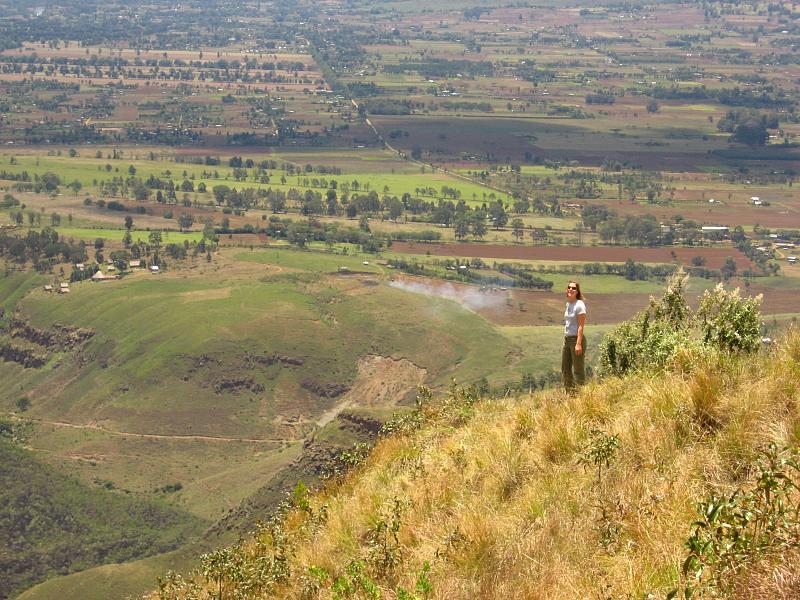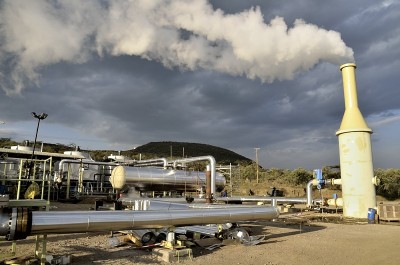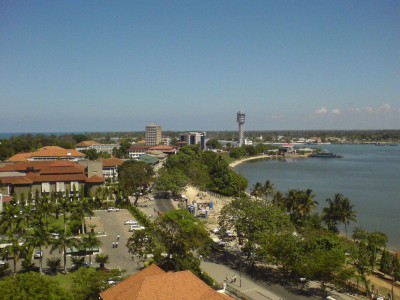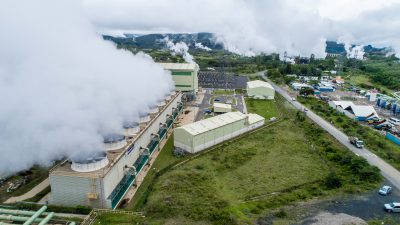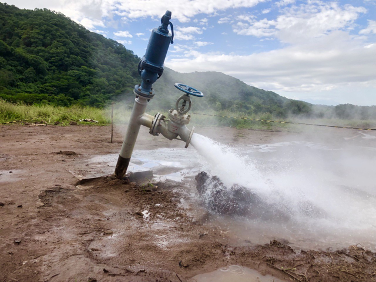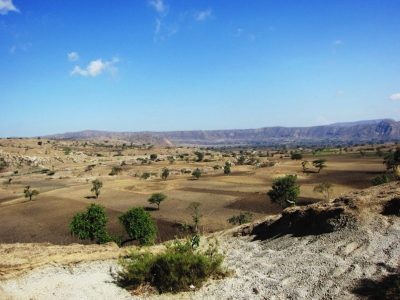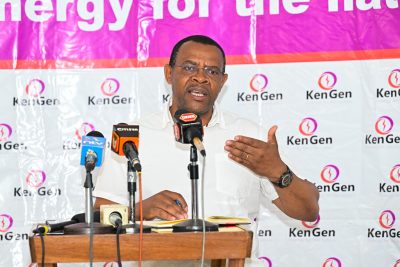Menengai geothermal power plant set to operate this year
The 35-MW geothermal power plant of Sosian Menengai in Kenya is expected to start operations in December as part of a build-own-operate contract with GDC.
Sosian Menengai Geothermal Power, one of three Independent Power Producers (IPPs) that was awarded rights to build and operate geothermal power plants in Menengai, Kenya, is expected to start operations in December this year. With this entry into electricity generation, a significant drop in power tariffs is expected, in turn reducing prices of commodities in the region.
The Menengai Model
State-owned Geothermal Development Company (GDC) conducted drilling of geothermal wells in the Menengai Crater in Nakuru starting 2011. With a total of 43 wells and 24 wells tested so far, a total output of 165 MW has been confirmed in the Menengai field so far. The rest of the wells are yet to undergo testing. GDC also constructed the steam gathering system while a 132-kV substation has been constructed by Kenya Transmission Company (KETRACO) specifically for the three planned power plants.
This scheme, called the Menengai Model, has the GDC take the upfront risks of geothermal development. Private players were then invited to set up the power plants under build-own-operate contracts.
In the case of Sosian Menengai, the IPP will be paying GC Sh 1.7 billion per year for the next 25 years, after which ownership of the power plant will transfer to the government.
Along with Sosian Menengai Geothermal Power, contracts were awarded to OrPower22 (Ormat) and Quantum East Power Africa through competitive bidding for the first three power plants in Menengai. Each power plant will have a capacity of 35 MW for a total generating capacity of 105 MW for Phase 1 of the Menengai geothermal project.
Expected savings
According to GDC Regional Manager John Lang’at, the drop in power tariffs that will come after Menengai becomes operations can attract more investors locally and regionally, in turn creating employment opportunities.
In an event with the Japan International Cooperation (JICA), Lang’at noted that electricity will cost at least KSh 7 (approx. USD 0.06) per kilowatt less than diesel or hydropower once all three IPPs in Menengai are fully operational.
“When electricity is finally generated at Menengai, our country will save more than KSh13 billion as fuel levy annually and ultimately lower the cost of power bills,” added Lang’at while also mentioning that Kenya will save around KSh 45 billion spent on buying diesel.
Future plans
As for the other IPPs, Quantum Power East Africa has started developing its plant at a cost of KSh 8.2 billion, KSh 4.03 billion of which will be provided by the African Development Bank. OrPower22, meanwhile, is in negotiations with financiers.
The Menengai geothermal project has the potential to produce enough electricity to supply almost 500,000 homes and 300,000 businesses, according to Lang’at. There are also plans of putting up industrial parks adjacent to the power plants. Businesses in the industrial park will benefit from lower power rates and readily available geothermal steam.
Source: Kenya News
